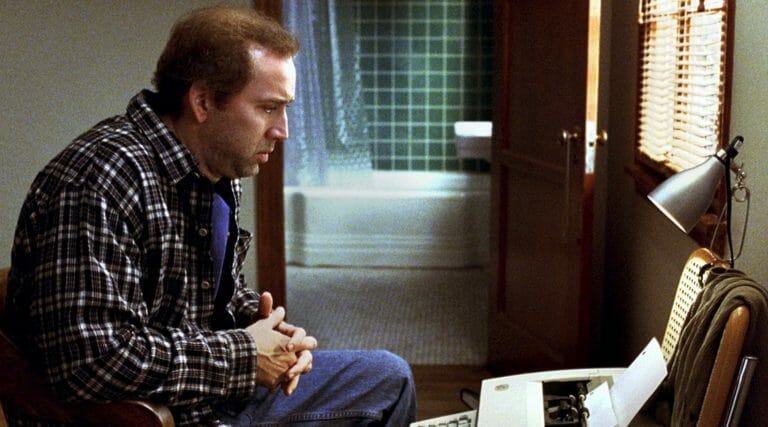Sign up for the
TSL Newsletter
and get $50 off Final Draft 12
By Stephanie Palmer · January 16, 2017

To learn how to become a screenwriter, you need to do more than read screenwriting books. You need to do more than learn how to write a screenplay. You need to approach the process of becoming a screenwriter for the long-term.
How To Become A Screenwriter
Over the past sixteen years I have worked with thousands of screenwriters. The same pattern leads to success 99% of the time. So let me explain, in 7 phases, how to become a screenwriter.
1.) Develop a library of material
In Phase 1, you are developing a library of material. This means at least 2-3 finished scripts in the same genre.
These are the key words: “in the same genre.”
The reason is purely about the bottom-line. Agents know that the best time to sell something is right after you’ve sold something. In other words, the best time to sell your second project is immediately after you sell your first, and the best time to sell your third project is right after you sell your second.
Bonus: your second and third projects are likely to sell for increasingly large sums of money.
2.) Build a network of relationships
In phase 2 you are building a network of relationships. This is a big part of learning how to become a screenwriter. Your goal is to find like-minded people in your local community:
Each person you add to your network of relationships dramatically increases the chance that when you have developed the library of material that you need, that you will know someone (or know someone who knows someone) who can help you.
3.) Get hired to write professionally
In Phase 3, you get hired to write professionally. Most screenwriters get their first professional writing job without an agent. You get job opportunities like:
Do your job well and people will want to work with you on future projects.
4.) Get an agent
In Phase 4, you get an agent. Yes, you may get a manager or you might partner with an established producer first, but the key aspect of this phase is that you get an agent. Agents can be virtually impossible to attract before you have a track record of success, a deal is pending, and there’s big money on the table.
That’s when an agent swoops in to collect their commission – when you’ve done all of the hard work, made your own opportunities, and are right on the brink of a big payday.
But… you have an agent!
5.) Start water bottle tour
In Phase 5, you take the “water bottle tour.” As soon as your agent has negotiated a deal for you, and you’re signed with the agency, your agent sets up between 50-100 meetings with development executives and producers who may be able to hire you or who could be interested in your other projects. It’s called the “water bottle tour” because everywhere you go you’re asked by an assistant, “Can I get you a bottle of water?”
If you’re good at pitching and handling the dynamics of high-stakes meetings, you develop relationships with decision-makers. They suggest projects to you and ask for you to come in and pitch ideas. You are hired for rewrites and hopefully make a couple sales quickly.
6.) Establish your positioning
In Phase 6, you establish your positioning. Your positioning means that you are the acknowledged expert in your area and anytime a producer has a problem with a script in your genre, your name comes to mind.
As you get hired for bigger projects, complete those assignments on time, meet more people in the business, perhaps sell an additional script, you are building your reputation and establishing your positioning.
(Note: when your first project gets made, when your project is a box office hit – these successes benefit you but are not in your control. You can be a well-regarded, well-positioned, successful screenwriter without having had your scripts produced.)
7.) Branch out (if you like)
In Phase 7, you can branch out. You can try a new genre, different medium, or try being a writer-director. You’ve proven yourself. You’ve earned the right to take a chance. Decision-makers are more willing to listen to you, trust you, and take risks along with you. Unfortunately, this is exactly where most aspiring writers are trying to START.
I hope after reading this post, you can see why this is often an exercise in frustration.
Overall Strategy
A strategy to become a screenwriter has four main parts:
So, as you’re considering how to become a screenwriter, here are four questions:
Don’t despair if you can’t answer all four questions with a resounding “Yes!”
That’s okay. You’re a writer. Your primary job is to write.
You’re not expected to automatically be an expert at everything else.
But when the above elements are in place, good things can happen fast.
This post was originally published at goodinaroom.com – an educational screenwriting website from Stephanie Palmer
Stephanie Palmer was a film executive with MGM Pictures and The Hollywood Reporter named her one of the “Top 35 Executives Under 35.” She is the author of the best-selling book Good in a Room. She has helped many writers get agents and managers.